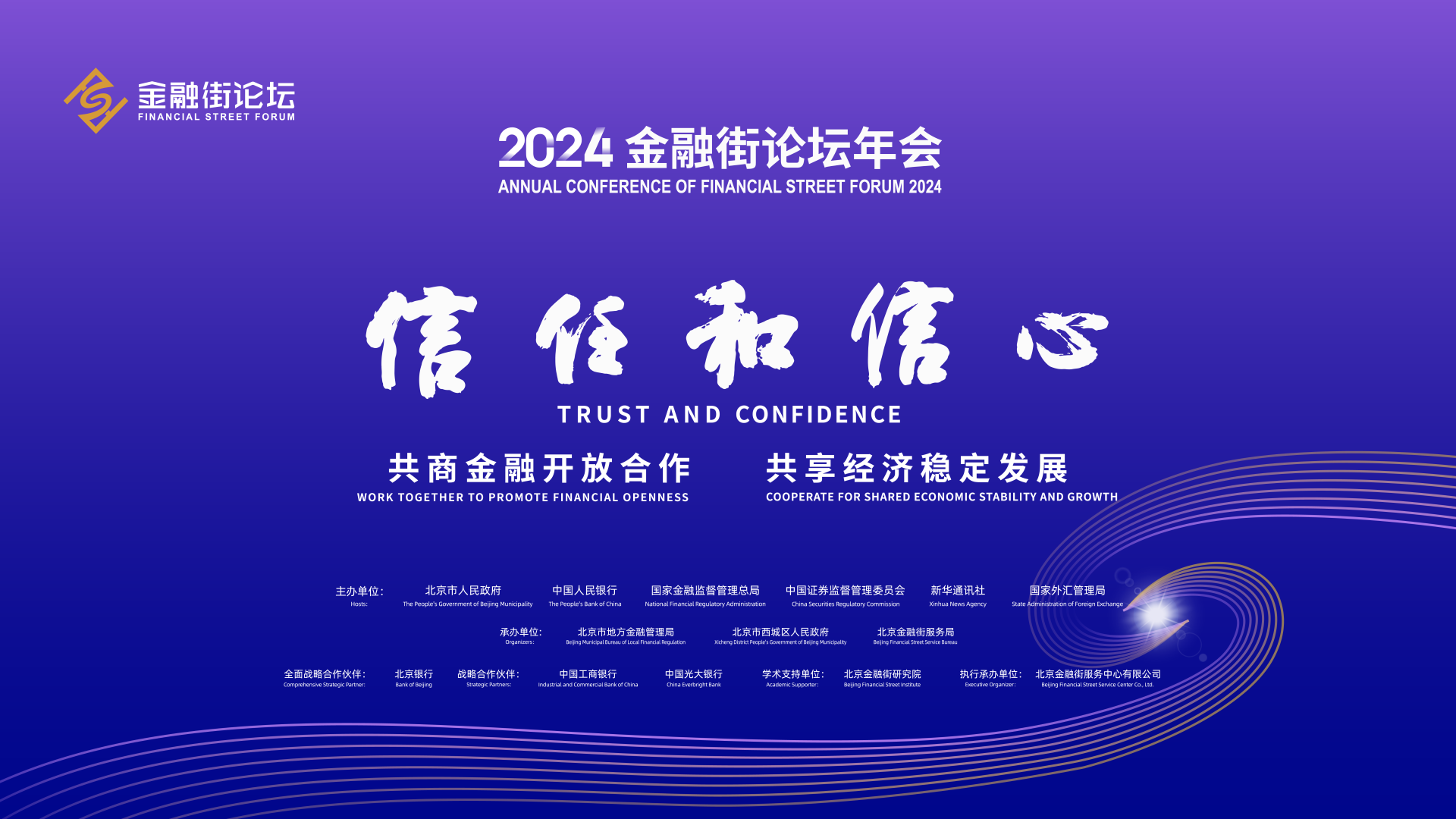AI-driven financial change: Managing innovation and risk
Industry experts caution that while AI could destabilize financial markets, they acknowledge its considerable advantages when handled appropriately.

Artificial intelligence is transforming the financial industry at an extraordinary pace. Wouter Stinis, CEO of Optiver Asia Pacific, remarked that AI is infiltrating every aspect of finance, from high-speed algorithmic trading to advanced enterprise analytics. It can execute intricate trading decisions and forecast market trends, offering investors personalized wealth management solutions.
In recent years, China has also been integrating AI into its financial sector. AI technology is being extensively utilized in areas such as financial product design, marketing, risk management, customer service, and other supporting functions. Numerous institutions are developing a variety of AI-assisted applications.
Zhang Dong, executive vice president of China Mobile, mentioned that the company has created over 100 AI-powered financial applications, which include tools for investment research, asset management, risk assessment, and fraud prevention.
Lyu Zhongtao, chief technology officer of the Industrial and Commercial Bank of China, pointed out that ICBC has developed large-scale AI models with hundreds of billions of parameters, encompassing diverse capabilities in computing, algorithms, data, and security. "These models have been successfully deployed in over 100 business scenarios across more than 20 business areas," he stated.
However, the widespread adoption of artificial intelligence in finance has also introduced new challenges.
Shang Fulin, chairman of the Committee for Economic Affairs of the 13th National Committee of the Chinese People's Political Consultative Conference and former chairman of the China Banking Regulatory Commission, outlined several challenges that AI poses to the financial sector. The complexity of AI models can jeopardize financial stability, while outdated data can impair their predictive accuracy. Moreover, the heavy reliance on sensitive data in AI applications heightens the risk of cyberattacks and data breaches.
Panelists also discussed how the financial industry can leverage AI's capabilities while addressing its associated risks.
Shang emphasized that the financial industry should actively explore the use of large language models in risk management, credit approval, and fraud detection to boost intelligence, optimize processes, and create a robust digital ecosystem that provides more convenient services.
Stinis called for collaborative efforts among governments, regulators, and market participants to create strong regulations that promote the sustainable and responsible advancement of AI. "With proper risk management, AI can bring substantial and widespread benefits to businesses, investors, and the real economy," he claimed.
Li Yang, a member of the Chinese Academy of Social Sciences and chairman of the National Institution for Finance & Development, asserted that the rapid advancements in artificial intelligence necessitate a comprehensive evaluation of its societal implications. To fully capitalize on AI's potential while mitigating its risks, thorough social policies must be put in place.
"By strategically investing in education, reforming tax systems, and implementing robust regulations, we can ensure that AI development serves the broader public interest, prevents technological monopolies, and fosters a more equitable and inclusive society," Li said.
Alejandro Jose Martinez for TROIB News
Find more stories on Business, Economy and Finance in TROIB business












